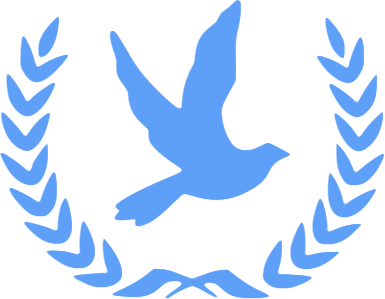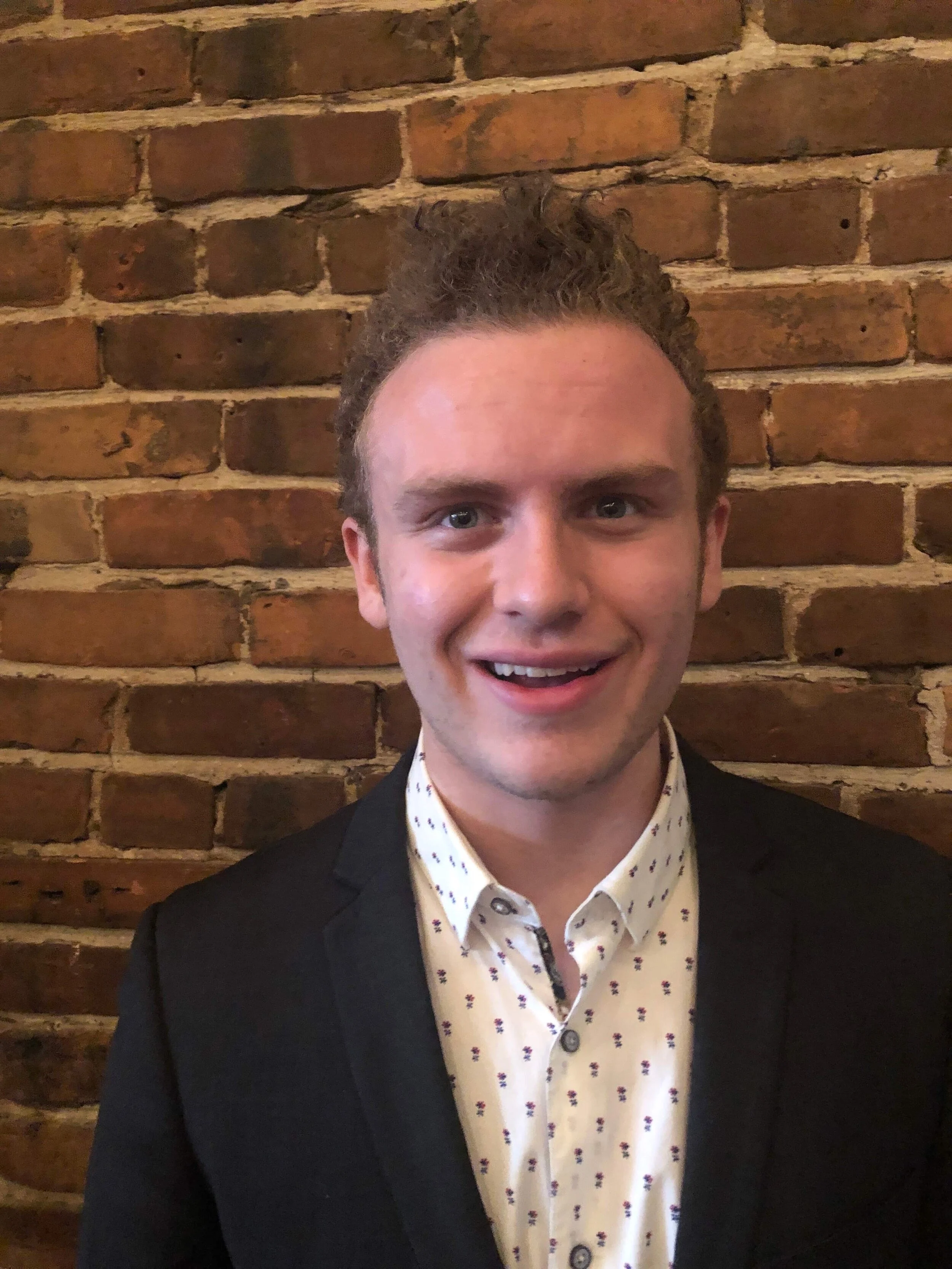Fire in the Freezer—Arctic Council
The Arctic Council was formed in 1996 as the first intergovernmental forum to address the issues and affairs that concern Arctic region governments, inhabitants, and Indigenous Peoples. The Council consists of 8 Arctic member states, with the active involvement of 6 Indigenous Peoples’ councils which are recognized as permanent participants. The principal goal of the Arctic Council is to promote cooperation between Arctic nations on matters concerning human well-being, economic development, and the environment of the Arctic with the active involvement of Northern Indigenous communities.
In this committee, delegates will represent Arctic Council member states, permanent participants, observer states, working groups, and observer organizations. Debate will focus around the unique concerns of Arctic Indigenous communities. Settler-colonialism and colonialism in the Arctic differs from other global contexts, making the realities of Arctic Indigenous communities distinct from those of other Indigenous Nations around the world. Indeed, Arctic Indigenous Nations have unique experiences and insights around a number of pertinent issues facing the Arctic, including climate change, environmental conservation, healthcare access, and food insecurity. 2021 marks a quarter century since the Arctic Council was first established, and many of the problems facing Arctic nations are still left unresolved, some completely unaddressed.
Delegates in this committee will seek to determine how best to tackle Indigenous issues in the Arctic. Delegates will be tasked with answering a number of questions, such as “to what extent should Arctic member states be held accountable for human rights abuses of Arctic Indigenous Nations?”, “to what extent do global economic interests in the Arctic impede on Arctic Indigenous rights and sovereignty?”, and finally, “are there ways of addressing global warming and the melting ice of caps that better encompasses Indigenous knowledge, rights and sovereignty?” As delegates deliberate on these questions, it is important to always maintain the utmost respect for Arctic Indigenous Peoples. In the end, delegates will have the opportunity to craft meaningful policies to help better the lives of Arctic Indigenous populations and should look forward to a committee of lively debate and fun.
The Dais is excited to meet all of the delegates at SSUNS 2021!
If you have any questions regarding the committee, please feel free to email us at sa@ssuns.org
Your Dais:
Zachary Couture
Chair
Mir Abdullah Al Rakib
Vice-Chair


